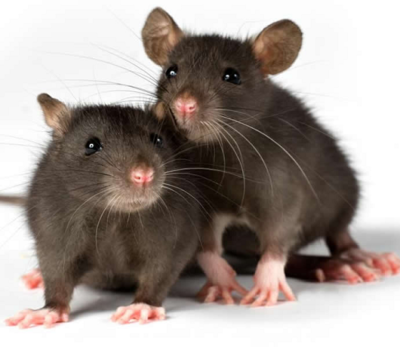
Human behavior and weather changes are some of the reasons Lassa fever is prevalent during the dry season. This observation was made by the Ondo State Epidemiologist, Dr Stephen Fagbemi during an interview with newsmen. According to him, the activities of rats and the habit of bush-burning during the dry season were responsible for the high cases of Lassa fever.
“There are two reasons for the high cases of Lassa fever during the dry season; the weather and the behaviour of the primary host of the virus which is rat as well as human behaviour. During the dry season, there is the tendency of people to engage in bush burning in preparation for clearing of land, this makes rats move from the forest to the human environment. And as a result of that, they contaminate our foods, homes and people are exposed. That is why many people get infected with Lassa fever during the dry season”, he said.
He also noted that Ondo State’s closeness to Edo State was one of the reasons for the high cases of Lassa fever in the state.
“Ondo State is just unfortunate to be close to places where the disease is endemic. For instance, Lassa fever has been endemic in Edo State for many years and Ondo State shares border with Edo State,” Fagbemi said.
He added that casualties of the virus could suffer serious complications if they don’t get early medical attention.
“Lassa fever is a viral hemorrhagic illness and all hemorrhagic illnesses are serious infections. If a sick individual is not attended to on time, the chances of having serious complication is very high.
“The features of Lassa fever are comparable to any common mild illness in this part of the world. The patient may present a fever, headache, body weakness; some will present with a slight cough, vomiting but it is in the later stages, it is very difficult to detect unless the health worker has a high index of suspicion and he is working in an environment where Lassa fever is common.
“At the early stages, it is very difficult to know if it is Lassa fever unless the patient has a history of coming in contact with either rat or being in contact with someone diagnosed with the disease. But when the disease gets more serious, the fever will progress despite the use of anti-malaria and antibiotics. The patient gets weaker and then at that stage patients may start having signs of bleeding either from the nose or the mouth,” Fagbemi said.














pills without a doctor prescription india pharmacy drugs
tadalafil generic: http://tadalafilonline20.com/ tadalafil pills 20mg